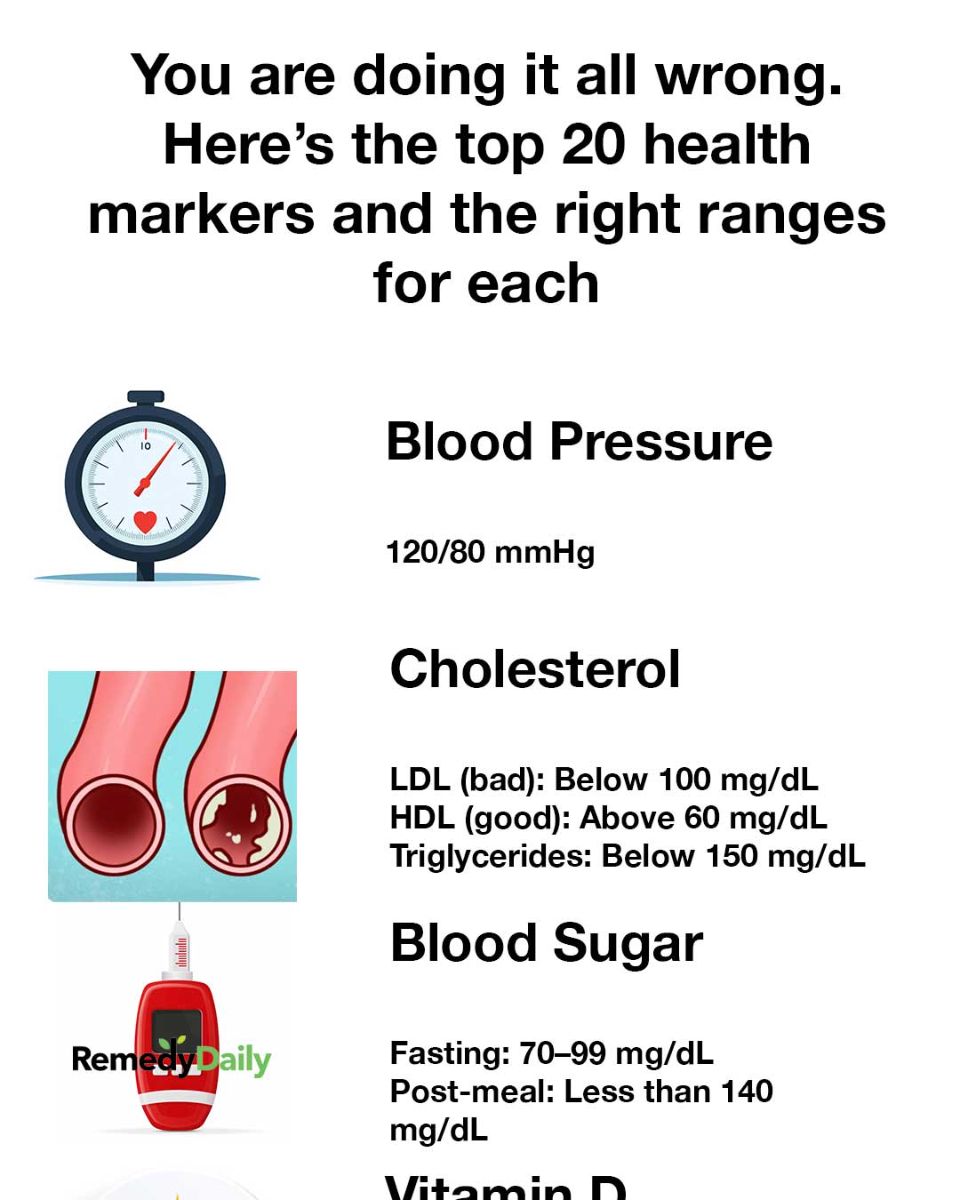CRP is a protein produced by the liver in response to inflammation. Normal levels are below 3 mg/L. Elevated CRP levels can indicate acute or chronic inflammation, associated with conditions such as infections or autoimmune diseases. Monitoring CRP can help detect inflammation early and guide treatment strategies.
Bone Density: Preventing Osteoporosis
Bone density tests measure the strength and density of bones, helping to diagnose osteoporosis. A T-score of -1.0 or above is considered normal, while a score between -1.0 and -2.5 indicates osteopenia, and below -2.5 suggests osteoporosis. Adequate calcium and vitamin D intake, along with weight-bearing exercises, can help maintain bone density.
Prostate-Specific Antigen (PSA): Screening for Prostate Health
PSA is a protein produced by the prostate gland, with normal levels below 4 ng/mL. Elevated PSA levels can indicate prostate cancer or other prostate conditions. Regular screening, especially for men over 50, can help detect prostate issues early and improve treatment outcomes.
Eye Health: Checking for Vision and Retinal Issues
Regular eye exams can detect vision problems and retinal issues such as glaucoma or macular degeneration. Key markers include visual acuity, intraocular pressure, and retinal health. Early detection and treatment can prevent vision loss and maintain eye health.
Hearing Tests: Protecting Auditory Health
Hearing tests assess your ability to hear different sounds and frequencies. Regular screenings can detect hearing loss early, allowing for timely intervention with hearing aids or other treatments. Protecting your ears from loud noises and maintaining ear hygiene can preserve auditory health.
Mental Health Assessments: Prioritizing Emotional Well-being
Mental health assessments evaluate emotional and psychological well-being, identifying conditions such as depression, anxiety, or stress. Regular check-ins with mental health professionals can provide support and strategies for managing mental health. Prioritizing self-care, stress management, and social connections can enhance emotional well-being.
Conclusion: Taking Charge of Your Health with the Right Markers
Monitoring these 20 health markers can provide a comprehensive view of your health, helping you detect potential issues early and make informed decisions. By understanding the ideal ranges and maintaining regular check-ups, you can take proactive steps to improve your health and well-being. Remember, a healthy lifestyle, balanced diet, and regular exercise are key to maintaining optimal health.
